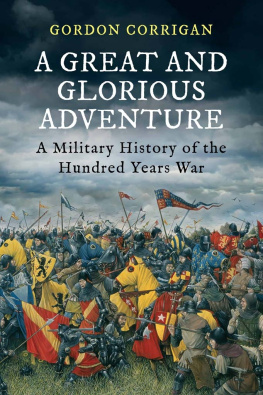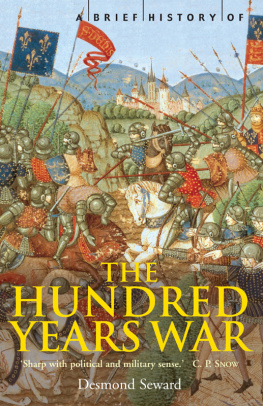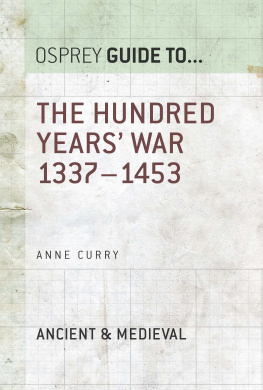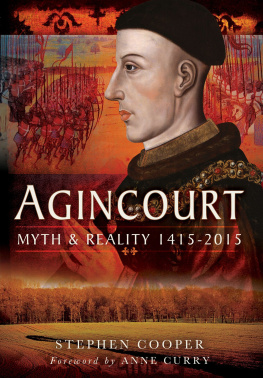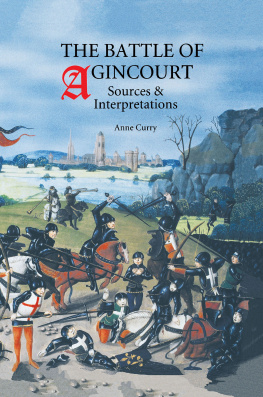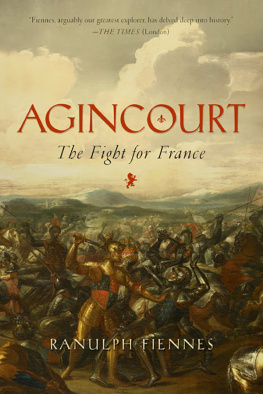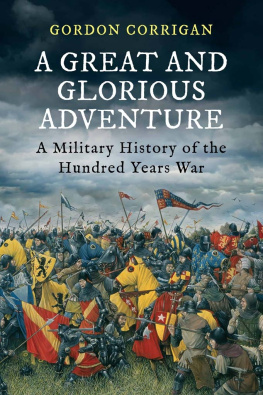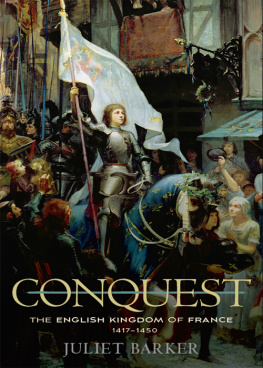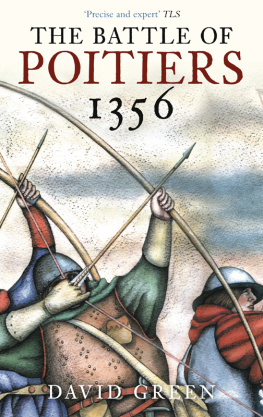A GREAT AND GLORIOUS ADVENTURE
Also by Gordon Corrigan
The Second World War
Blood, Sweat and Arrogance
Loos The Unwanted Battle
Mud, Blood and Poppycock
Wellington A Military Life
Sepoys in the Trenches

Published in Great Britain in 2013 by Atlantic Books,
an imprint of Atlantic Books Ltd.
Copyright Gordon Corrigan, 2013
The moral right of Gordon Corrigan to be identified as the author of this work has been asserted by him in accordance with the Copyright, Designs and Patents Act of 1988.
All rights reserved. No part of this publication may be reproduced, stored in a retrieval system, or transmitted in any form or by any means, electronic, mechanical, photocopying, recording, or otherwise, without the prior permission of both the copyright owner and the above publisher of this book.
Every effort has been made to trace or contact all copyright holders. The publishers will be pleased to make good any omissions or rectify any mistakes brought to their attention at the earliest opportunity.
10 9 8 7 6 5 4 3 2 1
A CIP catalogue record for this book is available from the British Library.
Hardback ISBN: 978-1-84887-926-3
Ebook ISBN: 978-1-78239-026-8
Paperback ISBN: 978-1-84887-927-0
Printed in Great Britain.
Atlantic Books
An Imprint of Atlantic Books Ltd
Ormond House
2627 Boswell Street
London
WC1N 3JZ
www.atlantic-books.co.uk
ILLUSTRATIONS
MAPS
INTRODUCTION
In 1801, George III, by the Grace of God king of Great Britain, France and Ireland, dropped the English claim to the throne of France. For 460 years, since the time of the great king Edward III, all nineteen of German Georges predecessors had borne the fleur-de-lys of France on the royal coat of arms along with the lions (or leopards) of England and latterly the lion of Scotland and the Irish harp. The withdrawal of the claim, which had been prosecuted with varying degrees of enthusiasm, was purely pragmatic: France and England had been at war since 1793, and, if England opposed the French Republic and supported a restoration of the Bourbon monarchy, then she could not also claim the throne for herself. A year later, in the Treaty of Amiens, which ushered in a short break in the war with France, England recognized the French Republic, and in so doing negated her own claims. It was the end, at least in theory, of Englands, and then Britains, claim to be a European power by right of inheritance.
It was not, of course, the end of Anglo-French rivalry. For two great powers occupying opposite sides of a narrow sea, both looking outwards, both concerned with trade and trade routes, and both with imperial ambitions will inevitably clash. And if in the twenty-first century that rivalry is concerned more with the interpretation of regulations emanating from the European Union rather than the ownership of sugar islands, and if the weapons are words rather than swords and gunpowder, the inescapable fact is that on average England and then Britain has spent one year in every five since the Norman Conquest at war with France. One can, of course, twist statistics to suit ones purpose, but the alliances with France in both the Crimean War and the First World War, pre-Vichy Frances brief participation in the Second World War, de Gaulles Free French activities, and more recent French participation in NATO operations are very much the exception, and many old soldiers cannot forget that the armed forces of Vichy France fought British troops in the Middle East, Madagascar and North Africa between 1940 and 1943. The relationship between the Common Agricultural Policy and Crcy is not as distant as might appear, and some of the effects of that centuries-old enmity are with us still: when president of France, General Charles de Gaulle had a standing order that while travelling around the country he was never to be within thirty kilometres of Agincourt.
While the English claim to the French throne was the major cause of what came to be called the Hundred Years War, there were other factors too: the sovereignty of parts of France that had become English by inheritance, the annoying habit of the Scots to ally themselves with France, and English mercantile activities and ambitions in Flanders. It was not, of course, a sustained period of fighting, nor was it called the Hundred Years War at the time or for many years afterwards. Rather, it was a series of campaigns punctuated by truces, some of them lasting many years. And if we take the beginning of the war as Edward IIIs claim to the French throne in 1337, and its end as the withdrawal of all English troops from Europe except for Calais in 1453, then it lasted for rather more than a hundred years. No one who stood on the docks at Orwell and cheered as the soldiers of the first English expeditionary force of the war sailed for France under Edward III was alive to welcome the men returning from the last campaign, and anyone living at the end of the war who could remember the great battle of Agincourt would have been well into middle age. The period might more accurately be described as the series of events which transformed the English from being Anglo-French into pure Anglo. But in as much as the causes of the war and the English war aims remained more or less constant, even if alliances did not, it is reasonable and convenient to consider the series of struggles as one war.
It was a good time to be a soldier. If a billet under Edward III or Henry V or commanders such as Bedford or Talbot was not available because of yet another truce, then there were always the Wars of the Breton Succession, where experienced soldiers could be sure of employment. And if a warmer or more exotic clime was an attraction, then the armies of John of Gaunt and the Black Prince campaigning in Spain were always looking for good men. It was not, however, a good time to be a civilian, or at least a civilian in what is now northern France. Ever-increasing taxation to pay for the war; conscription into the armies; marauding soldiery trampling over crops; looting and plundering; atrocities by both sides; the deflowering of daughters and the commandeering of food and wine: all combined to ensure that the lot of the European commoner was not a happy one. No sooner had the rural population recovered from one period of hostilities than the whole dreadful cycle would be repeated all over again. Disease stalked medieval armies, and, if dysentery or typhus spread by the movement of troops did not bring down the hapless peasant, then a visit from the plague probably would.
The Hundred Years War was hugely significant in the political and military development of Europe, of Britain and of France. Politically, it implanted the notion of a French national identity that replaced more local loyalties and in this sense one could argue that, for all the destruction and devastation, France came out of the war in a far better state than she entered it. The war reinforced English identity and implanted a dislike and suspicion of foreigners that have not yet entirely gone from our national psyche. Militarily, it saw a real revolution in the way of waging war, initially in England and then, belatedly and partially, in France. In England came the growth of military professionalism, with the beginnings of all the consequences that flow from having a professional and thus expensive army; the rejection of war as a form of knightly combat in favour of deploying trained foot-soldiers supported by a missile weapon; and the beginnings of military law and a command structure that depended more on ability than on noble birth.
Next page
